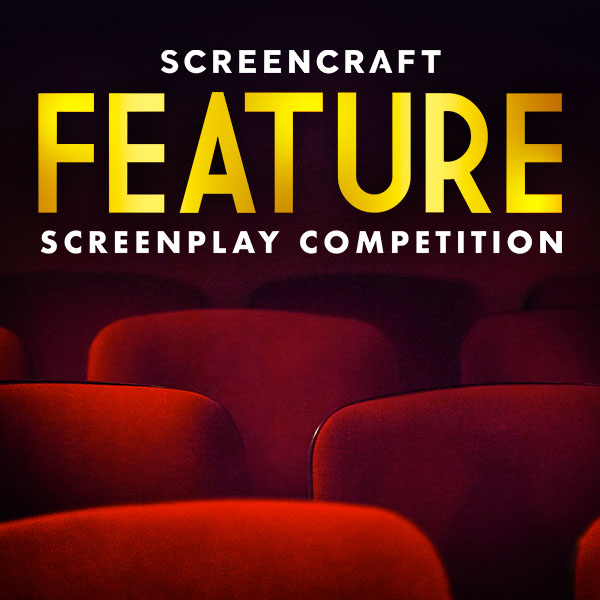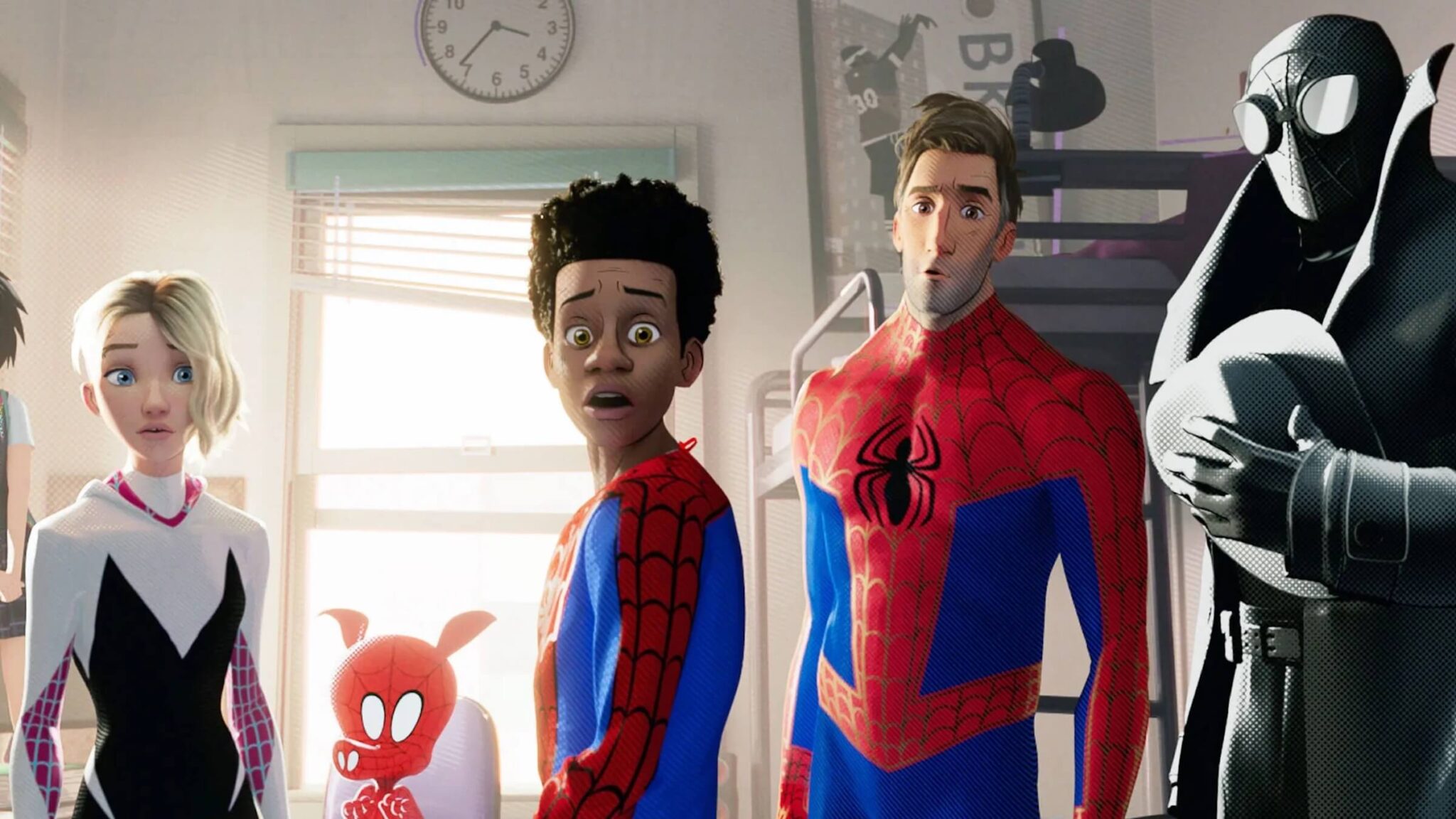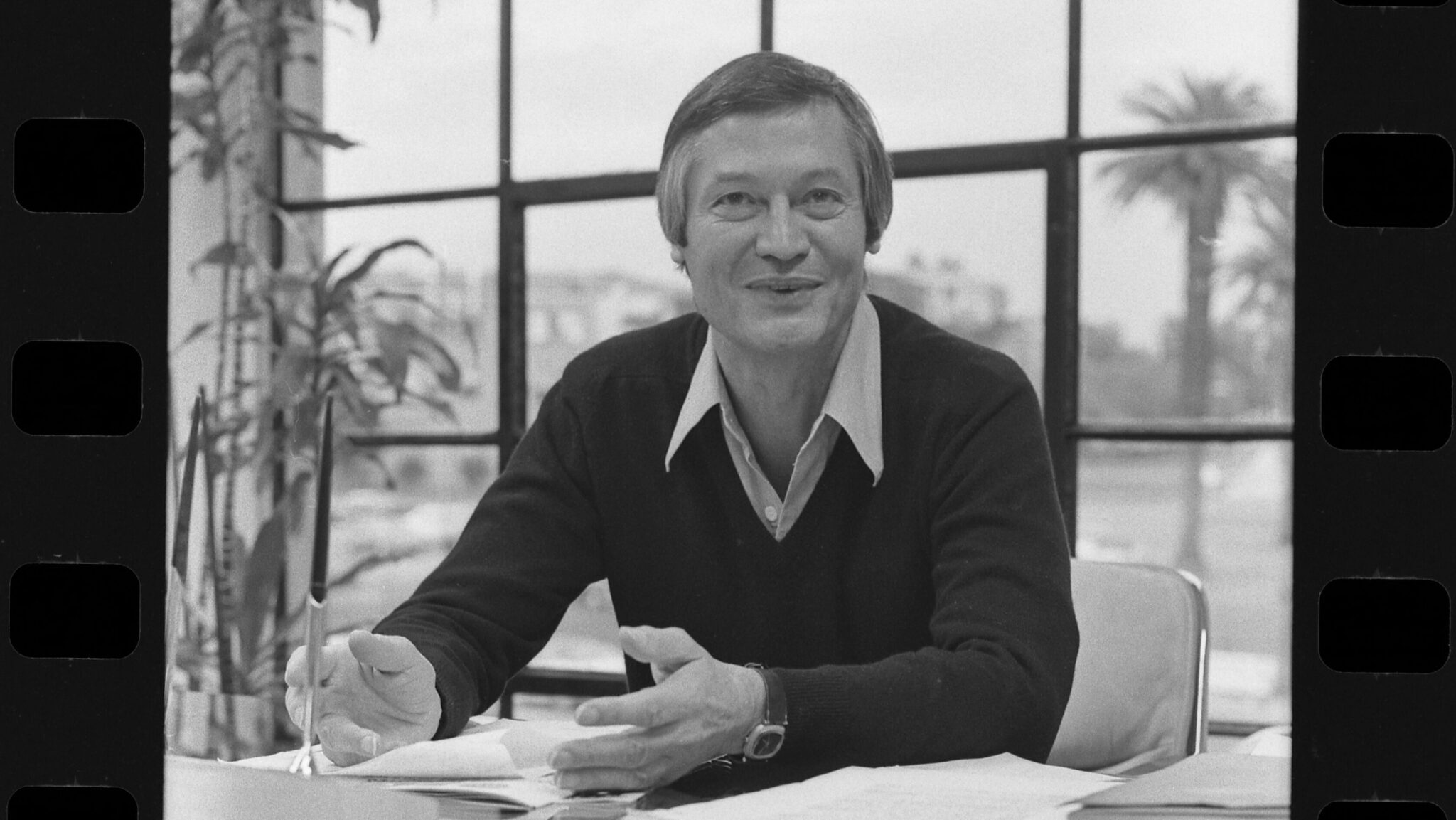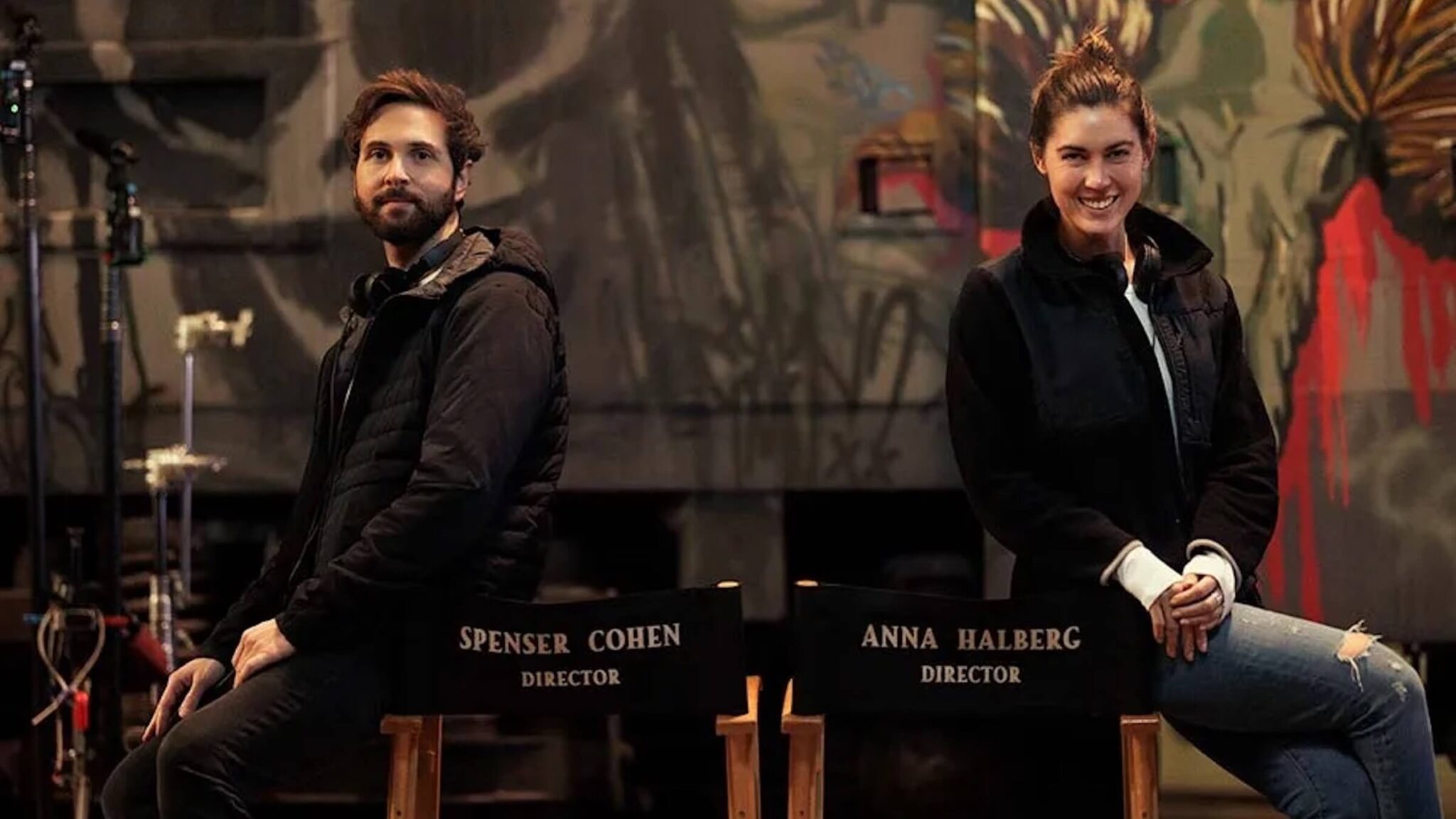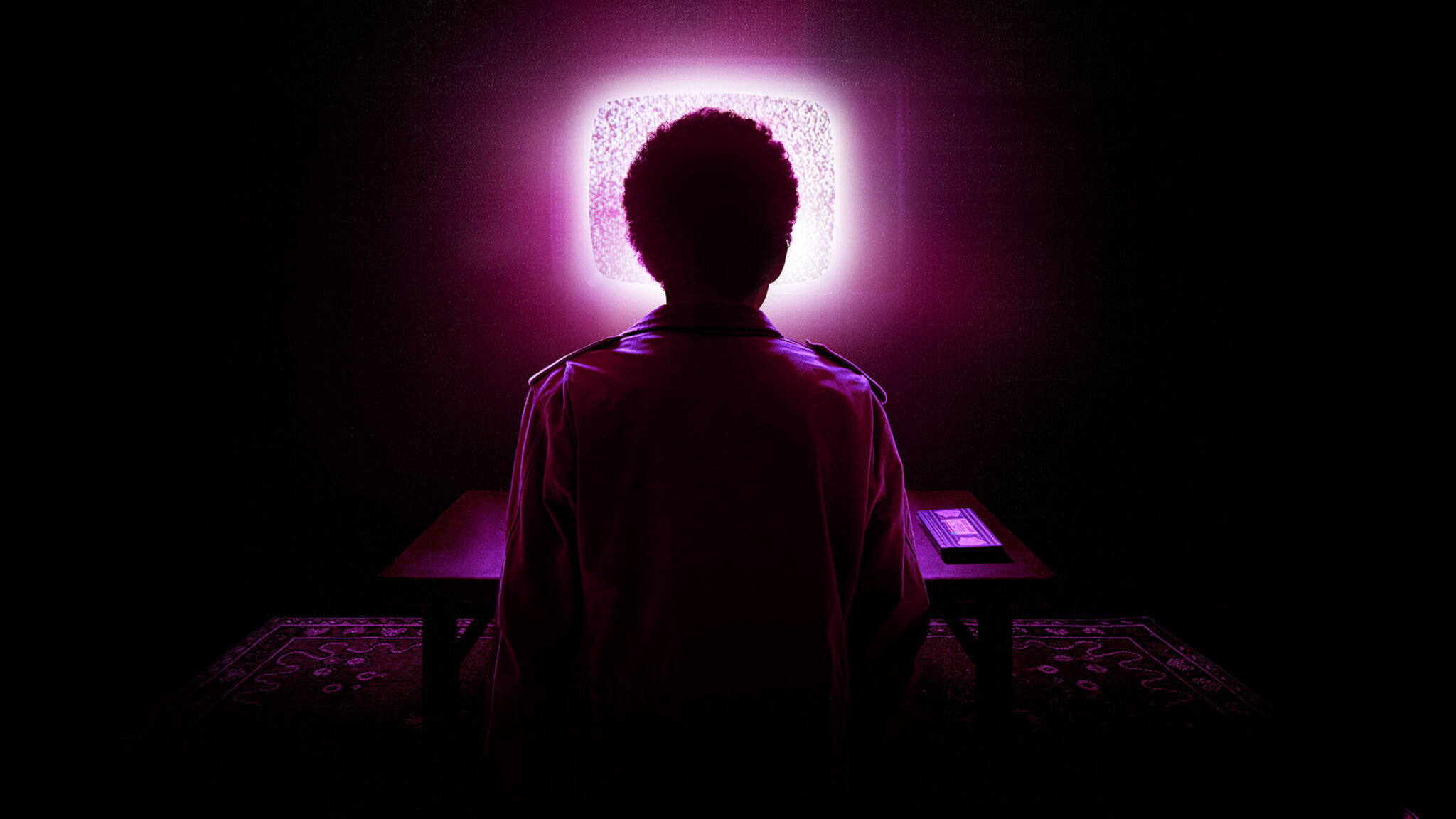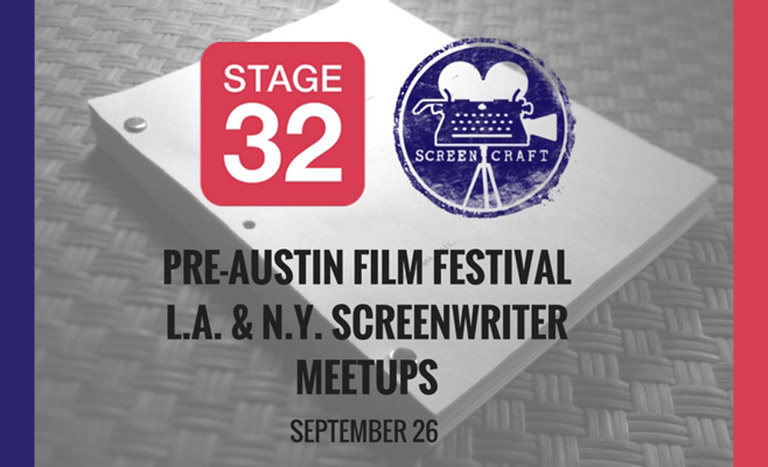Spotlight: 5 Questions With Screenwriter Phillip E. Hardy

Phillip E. Hardy is truly a self-taught screenwriter, and a prolific one at that. He has placed regularly in our competitions and myriad others and has a fantastic attitude about his work and the craft, and consequently his screenplays are gaining valuable traction. He has some great advice for all aspiring screenwriters, so I asked him to sit down and share some of his thoughts and experiences with us. Read on:
1. What are your scripts about and what inspired you to write them? What genre(s) do you like to work in?
My scripts cover a variety of genres and are peppered by a litany of influences. I am motivated by several factors. I start by trying to meet a need. This can be an artistic or commercial need. I wrote my first screenplay because one of my karaoke buddies nagged me into doing it. This turned into three one-hour teleplays based on a true cautionary tale about a millionaire businessman named Biff Halloran who became involved with the Genovese crime family. The source material was a jailhouse manuscript, which was written by Halloran. Since I had authored two self-published books, my friend wanted me to turn it into a book.
Initially, I didn’t think there was anything interesting about another guy in prison claiming his innocence. After some thought, I envisioned a gangster epic. So I read The Hollywood Standard by Christopher Riley and decided to take a crack at developing a screenplay. Two months later, I had written 180 pages of script and a television show bible. Along the way, I learned basic script formatting, what a logline was and how to put together a passable synopsis. I also learned to never work with a friend who doesn’t know a thing about writing.
After that, I wrote ten screenplays in quick succession. They included a biopic about Angela Davis, a biblical epic about Paul the Apostle, an autobiographical rom-com, three action thrillers and a Jack the Ripper story with a voodoo twist. Inspirations for these stories present themselves at various times and in different ways. They can be a terrific opportunity to draw from your experience, exorcise demons or exit your comfort zone. For example, I read a producer’s ad in a trade magazine. He was looking for a sailboat adventure, something that I know dick about. Three hours later, I pitched a logline and synopsis about three rich teenagers involved in a love triangle, who get hit by a rogue wave while taking daddy’s sailboat out for a joyride. I offer you my logline:
“A young man takes his thrill-seeking friends on a joyride aboard his father’s yacht and gets caught in a life or death struggle battling a monster storm.”
2. How long have you been a screenwriter and do you have a specific writing process?
Though I started writing many years ago, I wrote my first screenplay about two years ago. I have developed a specific process. I start by creating a logline stating what my movie is about. Generally, I do that in thirty words or less. Next, I write a synopsis with three important things… a beginning, middle and an end. Sounds simple right? However, many writers lose sight of that simplicity. In between those basic elements, I outline about a dozen scenes to provide a solid skeleton for my story. From there, I start working and let things spring up out of creativity. I believe it’s important to give my characters room to create themselves and their actions along the way.
3. What screenwriting competitions have you entered and what have your experiences been like?
I have competed in Page, Nicholl, Austin FF, Screencraft, Creative Scope Awards, Richmond FF and a number of others. My experiences have been very favorable. I was very lucky, however, and had early success with Richmond and Austin FF in 2013. Since the beginning of the year, I’ve won a gold medal at the Beverly Hills Screenplay Contest, was a finalist with honorable mention at Creative Scope Awards and placed well with three other competitions including becoming an official selection at Richmond FF, where I’ll be competing for the Grand Jury Award in March. Though they can be taxing on a writer’s wallet, they can provide you with third party credibility and valuable feedback from other writers. They can also help you develop a thicker skin. I recommend using Moviebytes.com to help you decide what contests sound most attractive to you. Withoutabox also lists every screenplay contest known to man.
4. What's the most important thing you've learned since you began writing?
I’ll answer that question with stream-of-consciousness bullet points:
- Trust your gut
- Other writers are your best critics
- Join Trigger Street Labs, The Black List or another screenwriter website and read a lot of other people’s scripts.
- Learn what you like and what you hate. Imitate what you like.
- Other writers are your worst critics
- Write compelling loglines
- Don’t write speeches. Let your characters have believable conversations.
- A screenplay is not a novel. Economy of words is crucial
- Be a bold but accommodating pitchman
- Trust your gut
- Use guerrilla marketing to whore your wares
- Don’t be afraid of someone stealing your work
- Learn the rules, respect them but don’ be afraid to break them
- If someone wants to buy your script don’t be a pain in the ass
- Be fast, creative and write the kind of movie you would pay to see
- When you critique another writer’s work, be positive and constructive in your approach
- Be a good listener, develop a thick skin and possess an ample dose of humility no matter what comes your way
- Trust your gut
5. Who and/or what are some of your key influences?
My influences lean heavily towards American filmmakers like John Ford, William Wyler, Elia Kazan, Sam Peckinpah and John Huston. As far as screenwriters, some of my favorites include Horton Foote, William Goldman, Alexander Payne, David O. Russell, Richard Brooks and Dalton Trumbo. I love violent material with flawed characters and upbeat endings. The bottom Line is great storytelling and god forbid artful imagery.
6. What other projects do you have or are you working on?
I just finished a historical fiction biopic for a producer that I can’t disclose anything about at this time. I will say that it’s a humdinger. The producer was instrumental in helping me add some great material and interesting visuals, and I’m extremely pleased with our joint efforts.
I am doing research for my next screenplay about a famous, literary sacred cow. Though there is already a script about this subject optioned by a major studio, I am undaunted. I aim to write a better screenplay and pitch it around town and enter it into some competitions. My endgame is to be a pain in the ass and write what I feel like writing. Remember, there were two films about Capote and Wyatt Earp in close proximity. The key in the equation is to try to create the better version.
My only counsel to others is to write because you love doing it. If you ever sell anything it will be a blessing. If it gets made into movie, it’ll be a miracle. Do you believe in miracles?
Tags
Get Our Screenwriting Newsletter!
Get weekly writing inspiration delivered to your inbox - including industry news, popular articles, and more!


